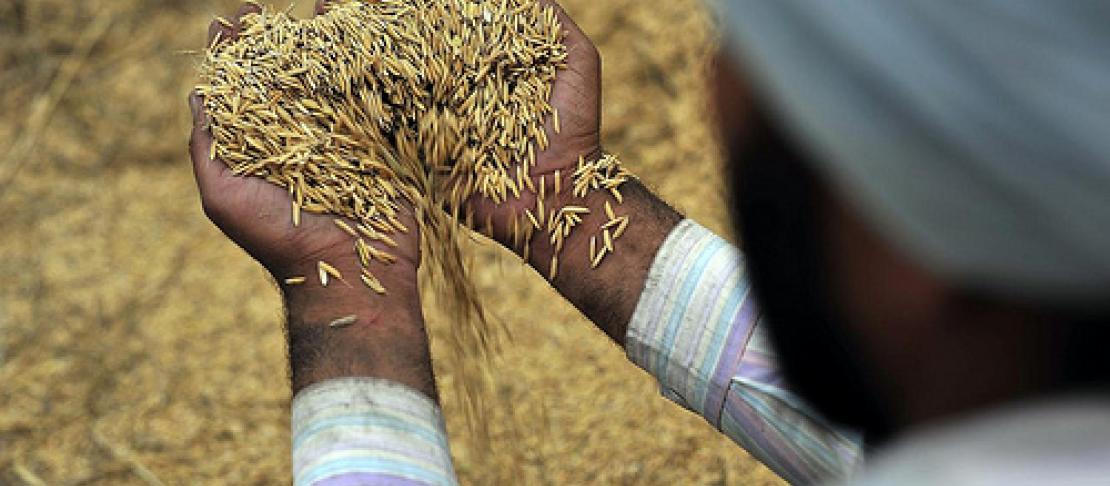World scientists Tackle Food Insecurity

By Dr Christine Negra
Food insecurity, climate change, increased competition for energy, water, degradation of land and biodiversity. The Planet Under Pressure conference is all about addressing these multiple emergent challenges, which are connected in complex ways and demand an integrated management approach. But efforts to alleviate the worst effects of climate change cannot succeed without simultaneously addressing the crises in global agriculture and the food system and empowering the world’s most vulnerable populations.
To make things worse, many of these issues have commonly been 'stovepiped' into different scientific disciplines, economic sectors, policy processes and geographic regions. The Commission on Sustainable Agriculture and Climate Change was set up in 2011 to come up with an integrated approach for  dealing with these urgent, globally interconnected challenges. Their final report, which was launched today at the Planet Under Pressure conference, offers concrete actions to transforming the food system to achieve food security in the face of climate change. Download the final report as well as the summary for policy makers in multiple languages.
dealing with these urgent, globally interconnected challenges. Their final report, which was launched today at the Planet Under Pressure conference, offers concrete actions to transforming the food system to achieve food security in the face of climate change. Download the final report as well as the summary for policy makers in multiple languages.
The Commission also launched a short animation that illustrates the key actions that are necessary to put humanity in a ‘safe operating space’ for food security in 2050. An integrated approach must balance how much food we produce, how we adapt to a changing climate, and how much agriculture contributes to further climate change. The film offers a summary of some of the key steps to meeting the global challenge of meeting food needs and stabilizing the climate.
Throughout 2011, the Commission reviewed the major components and drivers of the global food system including the role of changing diet patterns; the link between poverty, natural resource degradation and low crop yields; the need to address inefficiencies in food supply chains; gaps in agricultural investment; and the patterns of globalized food trade, food production subsidies and food price volatility. The Commissioners concluded that humanity’s collective choices related to agriculture and food systems must be revisited if we are to meet our food needs and stabilize the global climate.
Chaired by Sir John Beddington, the Commission drew upon the diverse expertise of its members which include senior natural and social scientists working in agriculture, climate, food and nutrition, economics, and natural resources in governmental, academic and civil society institutions in Australia, Brazil, Bangladesh, China, Ethiopia, France, Kenya, India, Mexico, South Africa, the United Kingdom, the United States and Vietnam. They inform their work, they conducted a survey of practical solutions detailed in the many recent authoritative reports on food security and climate change.
For each of their 7 major recommendations, the Commission’s final report characterizes the current policy landscape, the major opportunities for positive change and the roles that specific communities can play. These include treaty negotiators, global donors, agribusinesses, farmers' associations, multilateral agencies, researchers, national governments and others. The report highlights specific opportunities under the mandates of the Rio+20 Earth Summit, the United Nations Framework Convention on Climate Change (UNFCCC) and the Group of 20 (G20) nations, and Commissioners will be sharing the key actions with these forums, as well as with regional and national policy processes.
Dr. Christine Negra coordinates the Commission on Sustainable Agriculture and Climate Change. This story was originally published on the Planet Under Pressure blog. Follow the coverage of the Planet Under Pressure conference all week on our blog as well as twitter @cgiarclimate and Facebook. You can also see the full list of CGIAR events and stories from the conference.